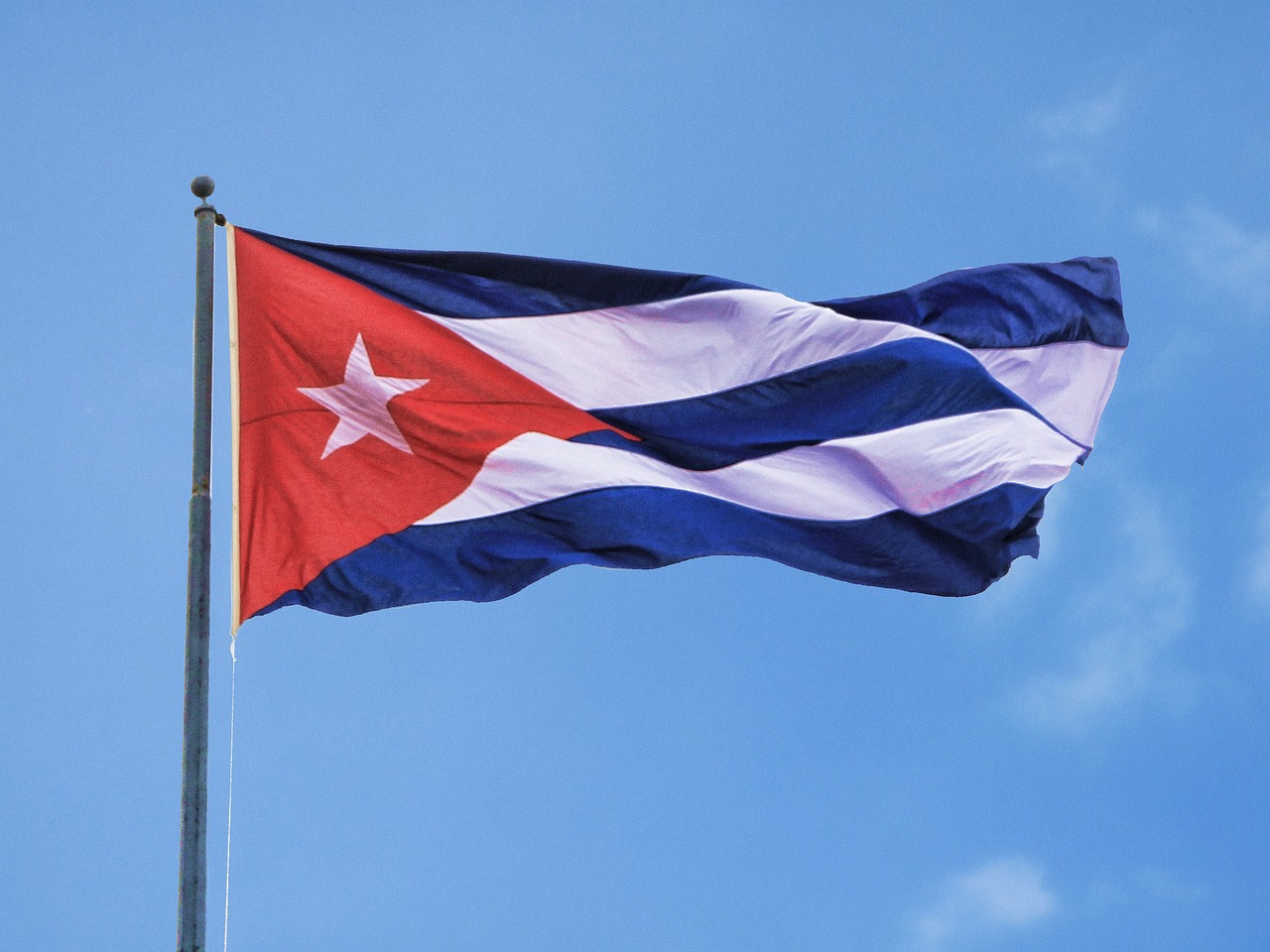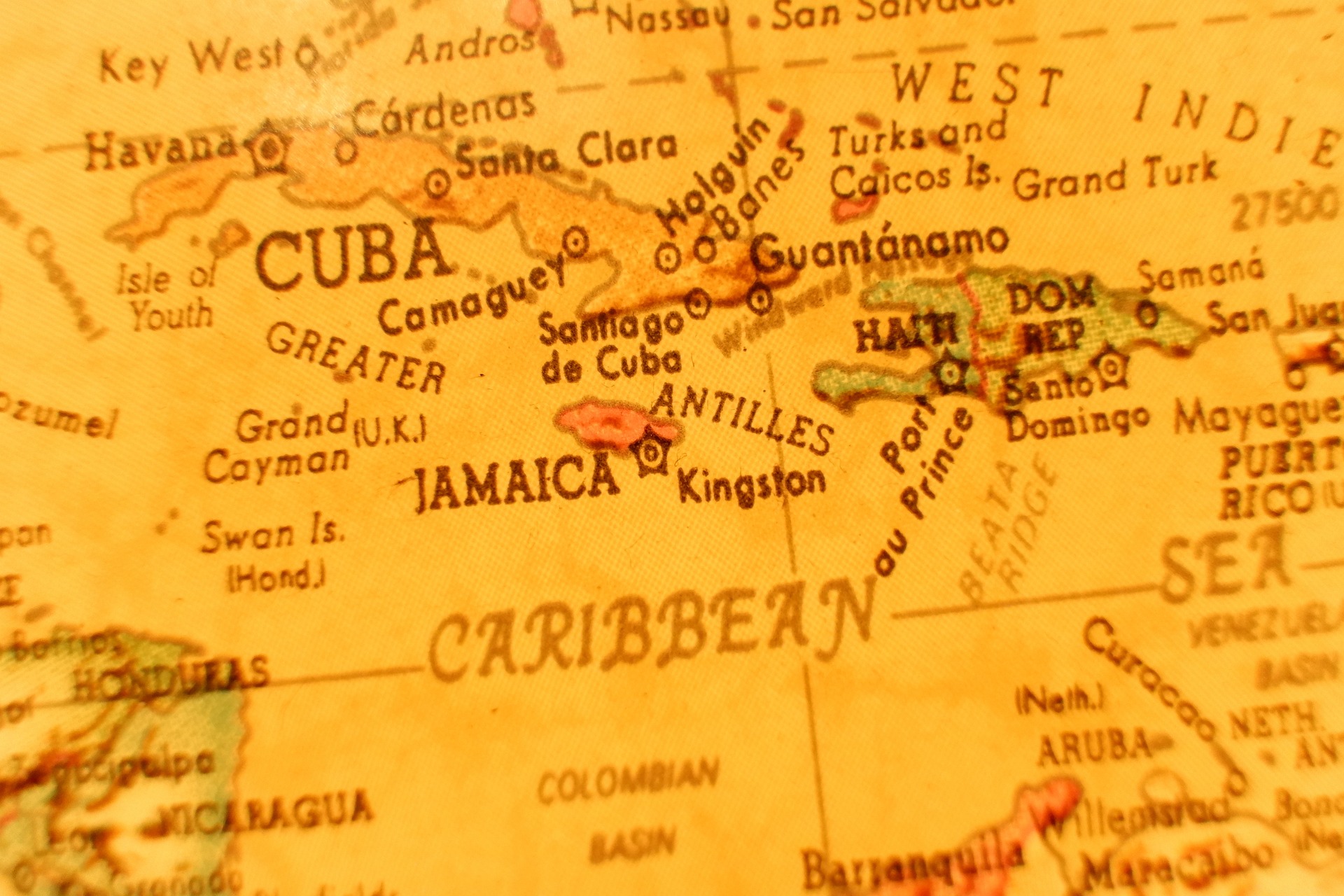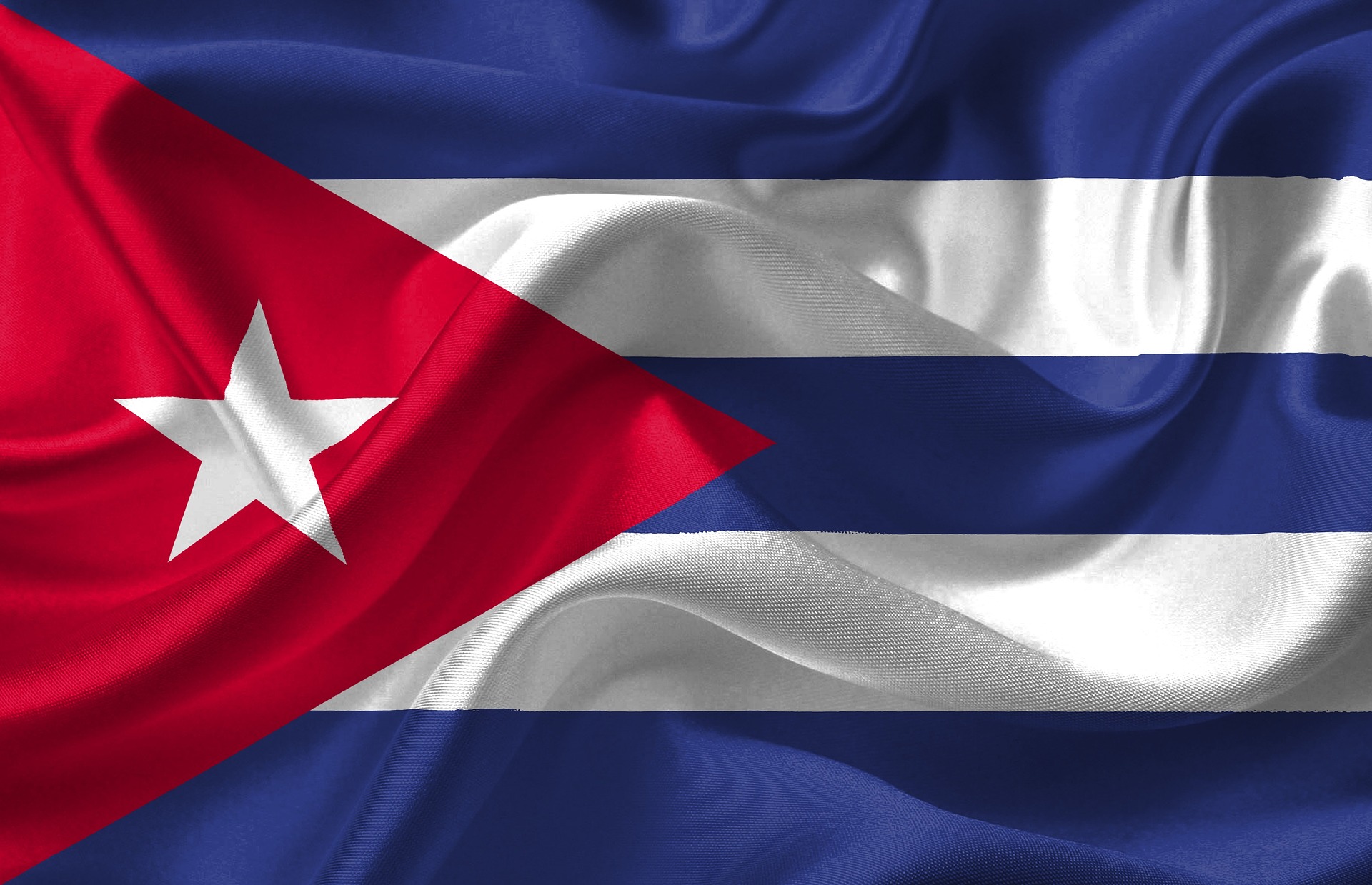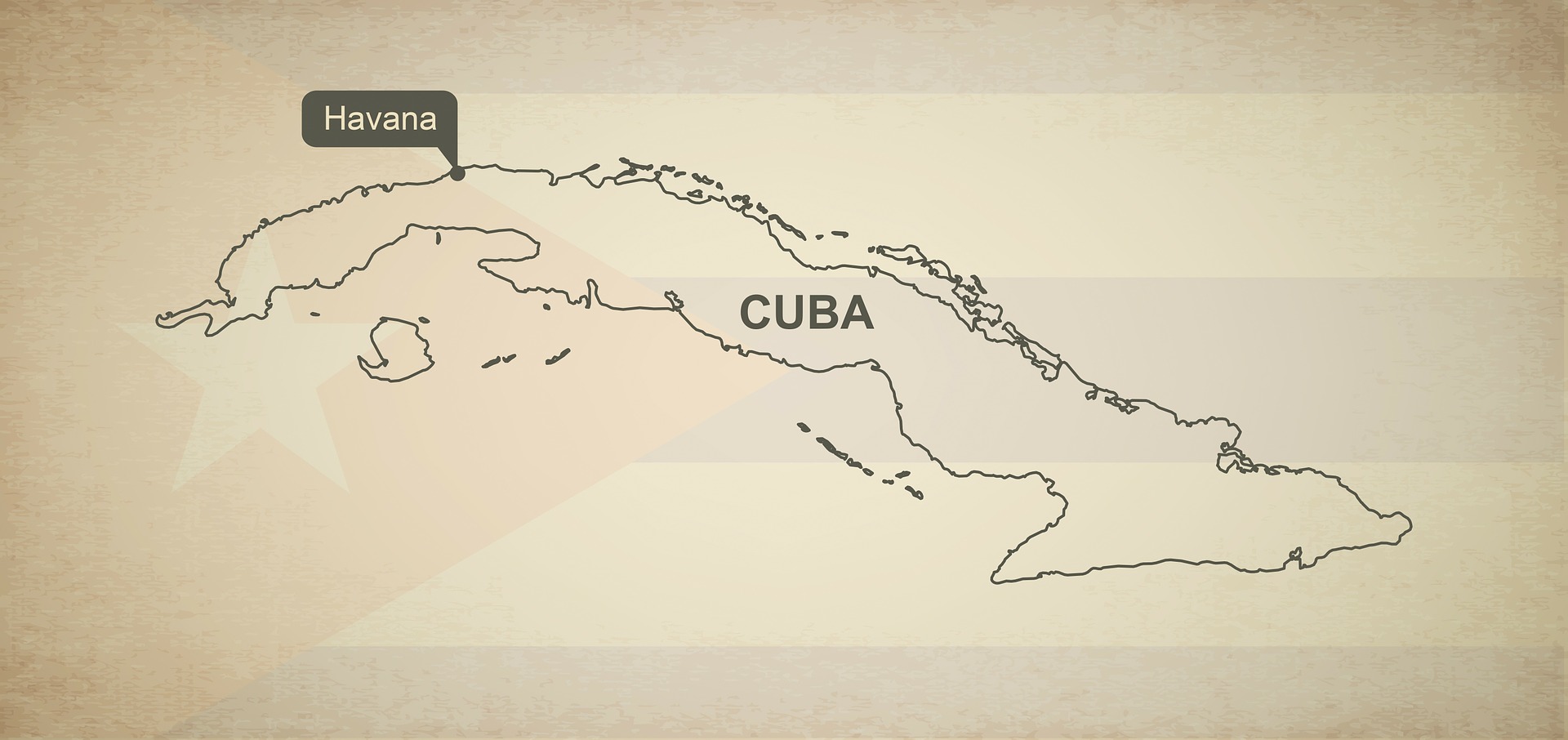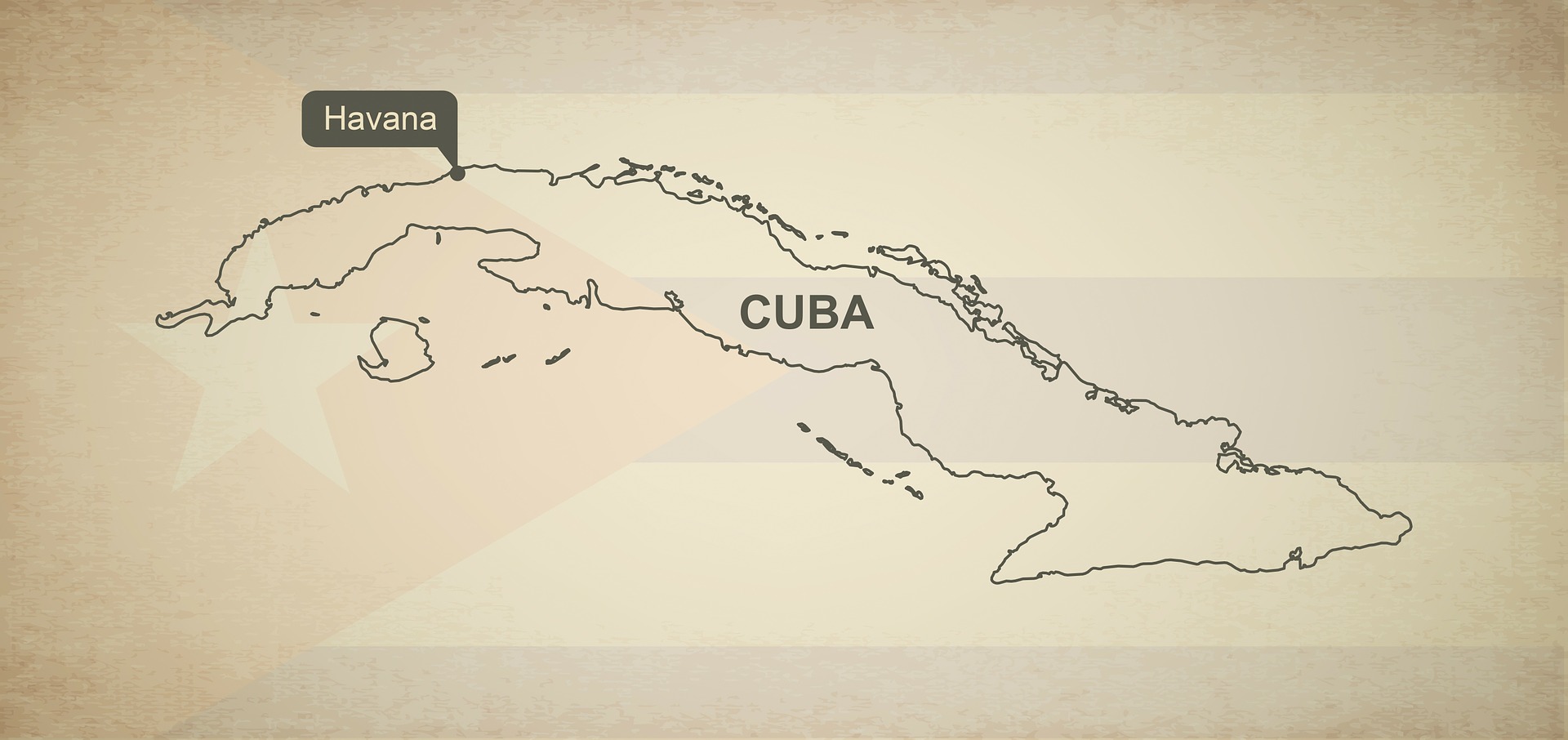 In this blog post we bring you some breaking news.
In this blog post we bring you some breaking news.
On Friday August 2, 2024, the Biden administration announced that it has paused the humanitarian parole program for nationals of Cuba, Haiti, Nicaragua, and Venezuela, effective immediately due to concerns regarding fraudulent filings and potential abuse of the program.
This means that the Department of Homeland Security (DHS) will temporarily pause the issuance of travel authorizations for new beneficiaries of the program seeking parole, while the agency implements additional security screenings and vets U.S. supporters who sponsor qualifying nationals to arrive in the United States.
While sponsors can still submit the Form I-134A Declaration of Support on the USCIS webpage, these applications will not be approved until further notice.
Only once new safeguards have been put in place, the agency will restart the processing of applications.
Please note that foreign nationals who have already been admitted through the program, will not be impacted by the pause.
Why was the Parole Program paused?
DHS officials have said that it stopped processing new parole applications in mid-July due to an internal report that highlighted potential abuse by U.S.-based sponsors, such as the filing of multiple applications from a single sponsor.
The Federation for American Immigration Reform (FAIR) obtained a copy of the report and released a statement of the findings which shows that thousands of I-134A declarations were filed containing fraudulent information, such as fake Social Security Numbers (SSNs), as well as SSNs belonging to deceased individuals, the use of false phone numbers, and filings using the same physical address.
According to the statement, “Some 100 addresses were listed on over 19,000 forms, and many parole applicants applied from a single property (including a mobile park home, warehouse, and storage unit). In addition, many applications were submitted by the same IP address…the same exact answers to Form I-134A questions were provided on hundreds of applications – in some instances, the same answer was used by over 10,000 applicants.”
These concerns have led the government to put in place further mechanisms to prevent such abuse.
 Visa Lawyer Blog
Visa Lawyer Blog



